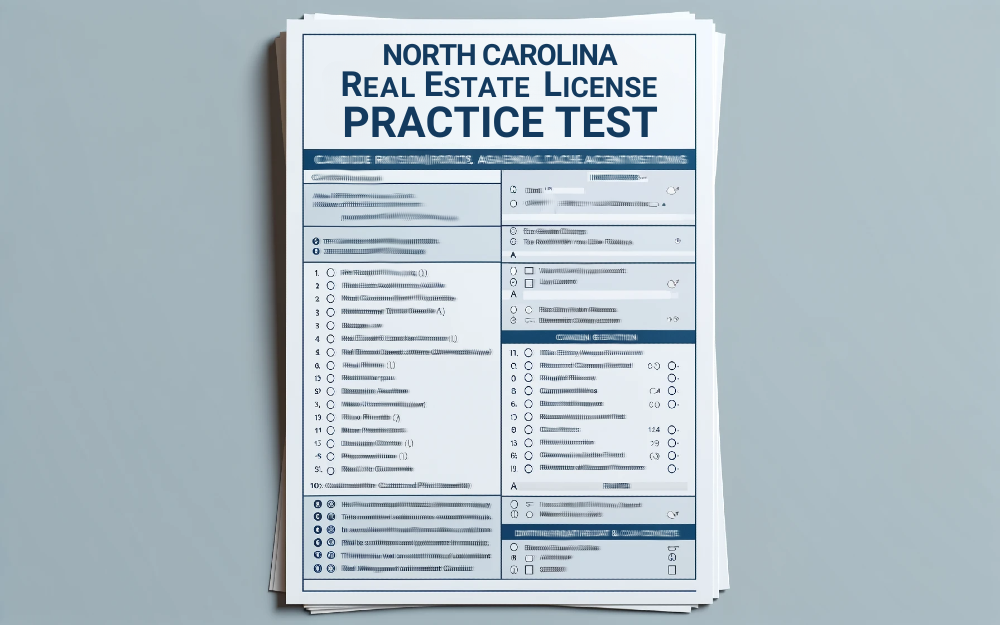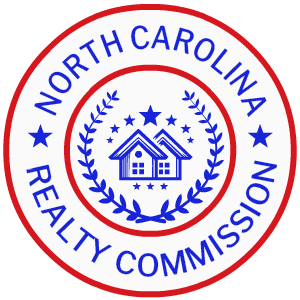
Determine your answer, then click the arrow to see the correct response.
What Does "Foreclosure" Mean in Real Estate?
A) The process of selling a property at market value
B) The legal process by which a lender takes control of a property due to the borrower's failure to repay the loan
C) The negotiation of mortgage terms between a lender and borrower
D) The appraisal of a property's value
Correct Answer: B) The legal process by which a lender takes control of a property due to the borrower’s failure to repay the loan
Explanation: Foreclosure is the legal process by which a lender repossesses a property after the borrower has defaulted on the mortgage payments. The property is then typically sold to recover the outstanding loan balance.
What Does "REO" Stand for in Real Estate Terminology?
A) Real Estate Owned
B) Real Estate Opportunity
C) Residential Equity Option
D) Rental Estate Organization
Correct Answer: A) Real Estate Owned
Explanation: REO stands for Real Estate Owned, which refers to properties owned by a lender—typically a bank—after an unsuccessful sale at a foreclosure auction. These properties are often sold to recover the remaining mortgage balance.
What Is the Purpose of a "Home Inspection" in a Real Estate Transaction?
A) To appraise the value of the property
B) To determine the property's market value
C) To assess the condition of the property and identify any necessary repairs
D) To finalize the purchase agreement
Correct Answer: C) To assess the condition of the property and identify any necessary repairs
Explanation: A home inspection is conducted to evaluate the physical condition of a property, identify any issues or repairs needed, and provide the buyer with detailed information about the property’s state before finalizing the purchase.
What Does "Amortization Schedule" Refer to in the Context of a Mortgage?
A) A list of potential homebuyers
B) A table detailing each periodic payment on a mortgage loan over time
C) The timeline for a home inspection
D) A schedule of property tax payments
Correct Answer: B) A table detailing each periodic payment on a mortgage loan over time
Explanation: An amortization schedule is a table that provides a breakdown of each periodic payment on an amortizing loan, showing the amounts going towards principal and interest until the loan is paid off at the end of its term.
A Property Is Purchased for $400,000. The Buyer Makes a Down Payment of 20% and Finances the Rest With a Mortgage at an Annual Interest Rate of 5%, Amortized Over 30 Years. What Is the Monthly Mortgage Payment (Principal and Interest Only)? (Use the Formula for a Fixed-Rate Mortgage: M = P[r(1+r)^n] / [(1+r)^n – 1], Where M Is the Monthly Payment, P Is the Loan Principal, r is the Monthly Interest Rate, and n Is the Number of Payments.)
A) $1,287.70
B) $1,718.67
C) $1,755.14
D) $1,860.45
Correct Answer: A) $1,287.70
Explanation: The loan principal (P) is $320,000 (80% of $400,000). The monthly interest rate (r) is 0.05 / 12 = 0.004167. The number of payments (n) is 30 x 12 = 360. Plugging these values into the formula: M = 320,000[0.004167(1+0.004167)^360] / [(1+0.004167)^360 – 1] ≈ $1,287.70.
What Must an Unlicensed Person Disclose When Conducting a Real Estate Transaction Under an Exemption in North Carolina?
A) Their favorite real estate firm
B) Their previous real estate transactions
C) That they are not licensed and the specific exemption that applies
D) Their credit score
Correct Answer: C) That they are not licensed and the specific exemption that applies
Explanation: According to North Carolina General Statutes § 93A-2, an unlicensed person conducting a real estate transaction under an exemption must disclose in writing that they are not licensed, the specific exemption under which they are operating, and the legal name and address of the property owner and the business entity involved.
Which of the Following Actions Can Result in Disciplinary Action Against a Real Estate Licensee in North Carolina?
A) Making a mistake on a property listing
B) Obtaining a license by false representation
C) Working with a new client
D) Selling a property quickly
Correct Answer: B) Obtaining a license by false representation
Explanation: Under North Carolina General Statutes § 93A-6, the Real Estate Commission can take disciplinary action against a licensee for obtaining a license by false or fraudulent representation, among other reasons such as being convicted of certain crimes or violating specific real estate laws.
How Long Does a Developer Have To Close and Record a Timeshare Sale in North Carolina, Provided All Payments Have Been Made?
A) 30 days
B) 90 days
C) 180 days
D) 365 days
Correct Answer: C) 180 days
Explanation: According to North Carolina General Statutes § 93A-42, a developer must close on the sale of a timeshare estate and record the timeshare instrument within 180 days following the execution of the contract of sale by the purchaser, provided all payments have been placed with an independent escrow agent.
Under What Condition Is a Developer Not Required To Close and Record a Timeshare Instrument in North Carolina?
A) If the developer changes their mind
B) If the market value of the property drops
C) If the purchaser is in default of their obligations under the contract
D) If the developer finds a better offer
Correct Answer: C) If the purchaser is in default of their obligations under the contract
Explanation: According to North Carolina General Statutes § 93A-42, a developer is not required to close and record a timeshare instrument if the purchaser is in default of their obligations under the contract of sale
An Investor Buys a Rental Property for $500,000. The Property Generates a Monthly Rental Income of $3,000. If the Investor Expects an Annual Return of 8%, What Is the Maximum Amount They Should Pay for the Property To Meet This Return?
A) $360,000
B) $400,000
C) $450,000
D) $500,000
Correct Answer: B) $450,000
Explanation: The annual rental income is $3,000 × 12 = $36,000. To achieve an 8% annual return, the property’s purchase price should be such that $36,000 is 8% of the purchase price. Therefore, the maximum purchase price is $36,000 / 0.08 = $450,000.
